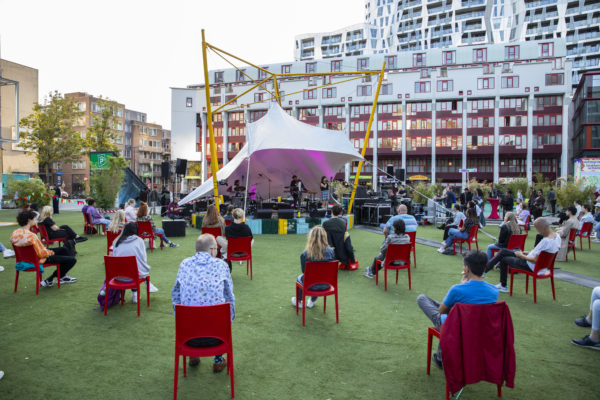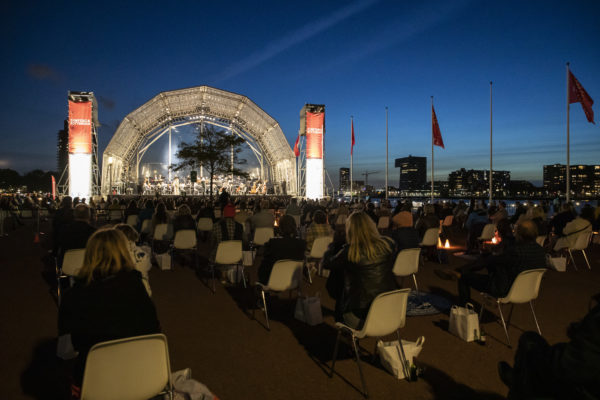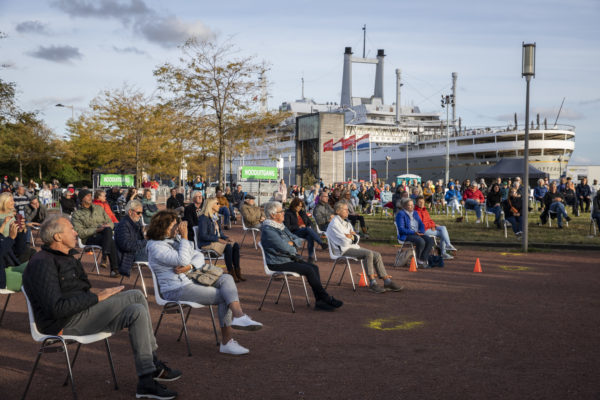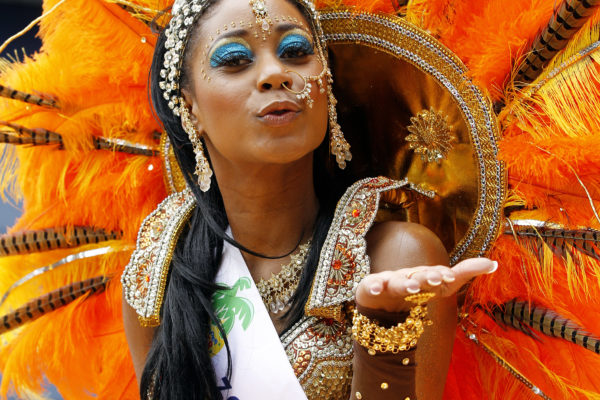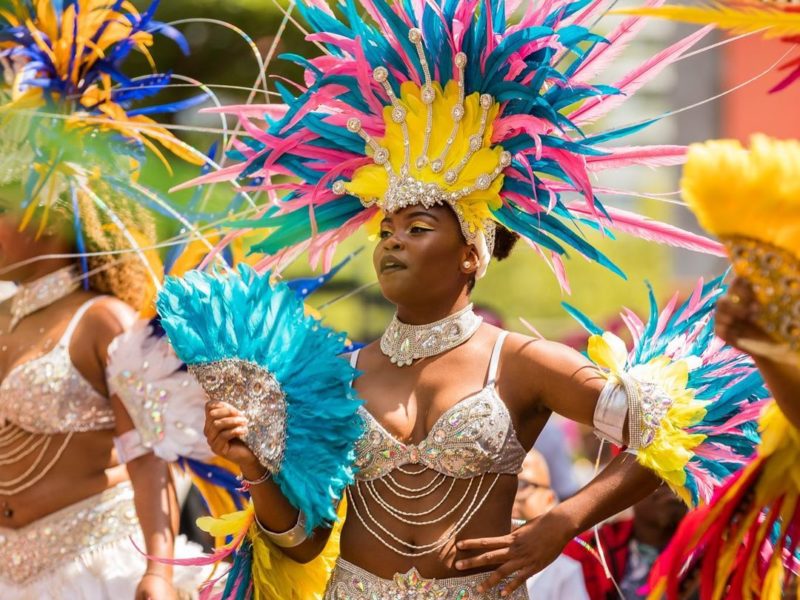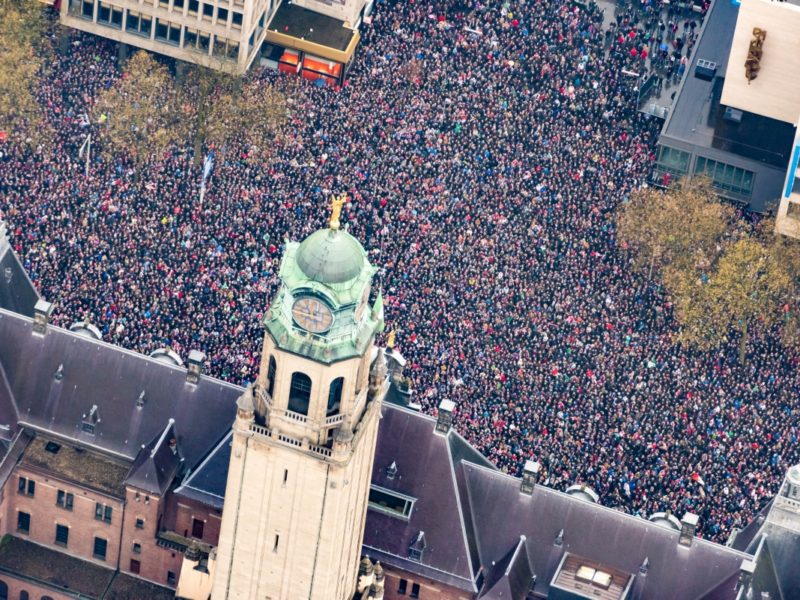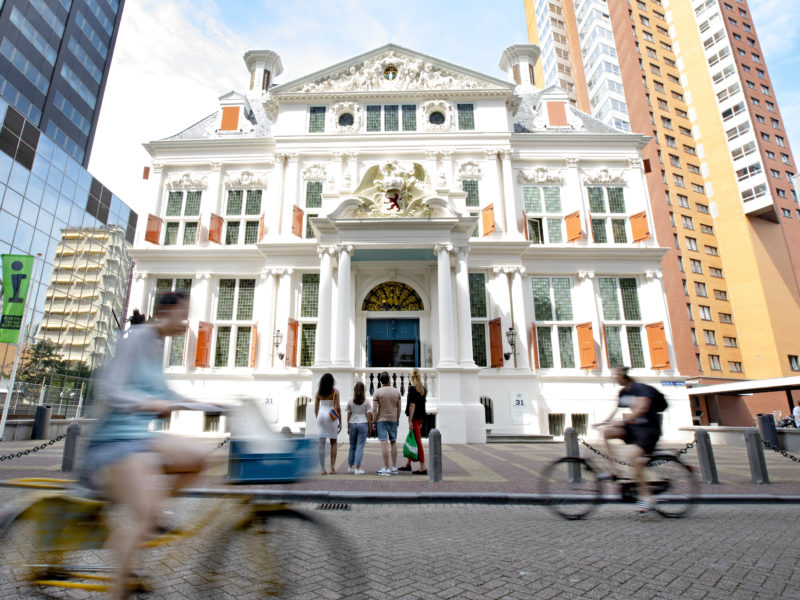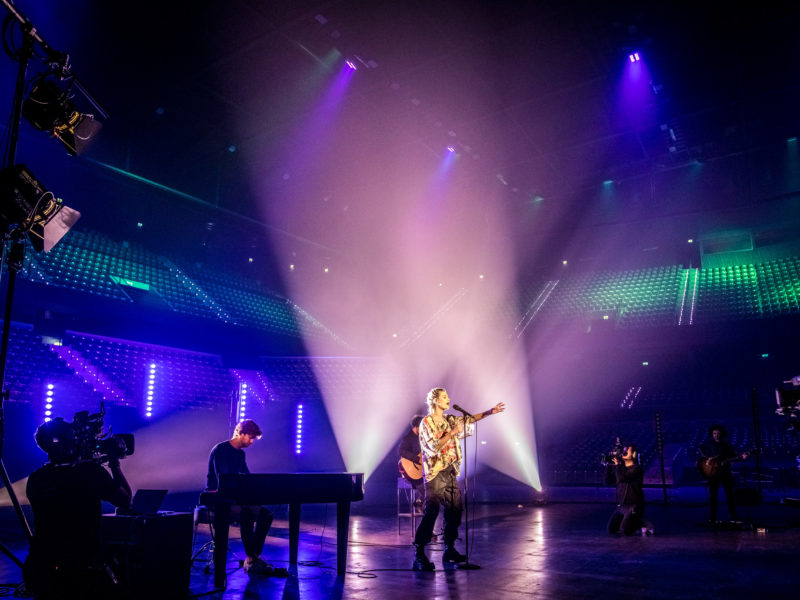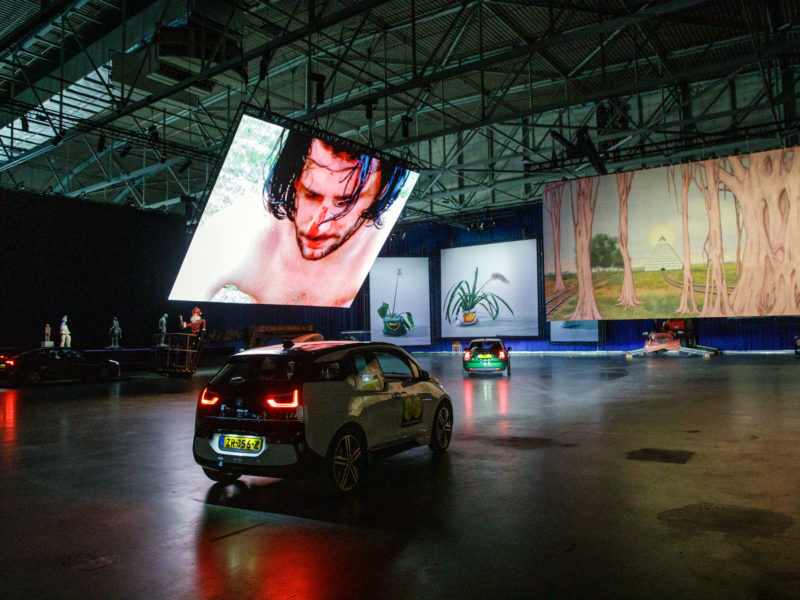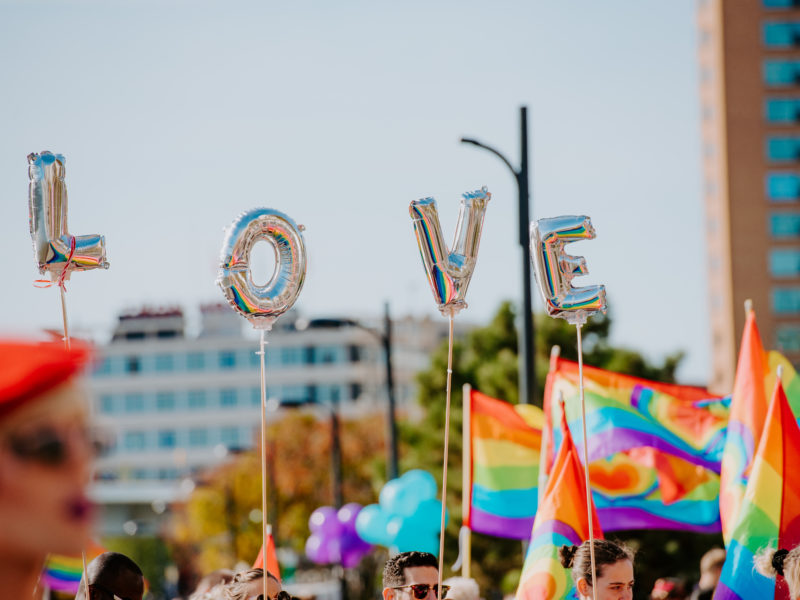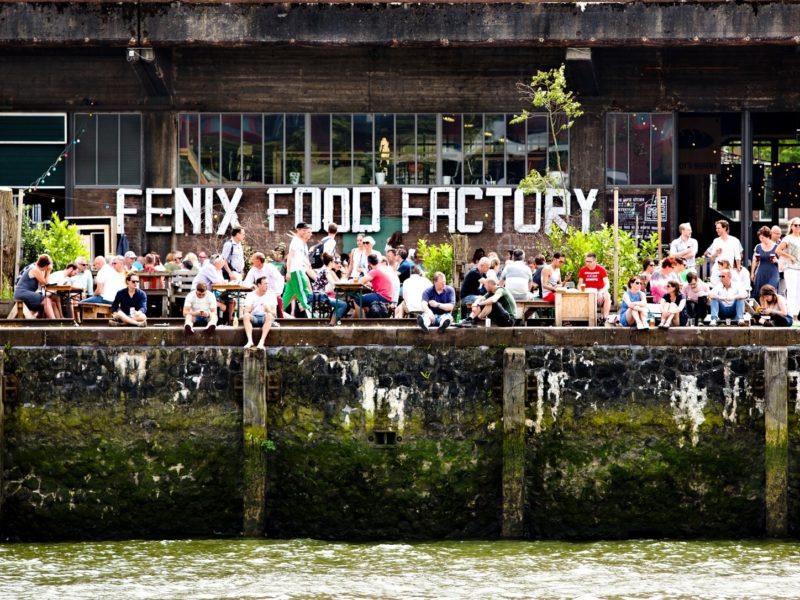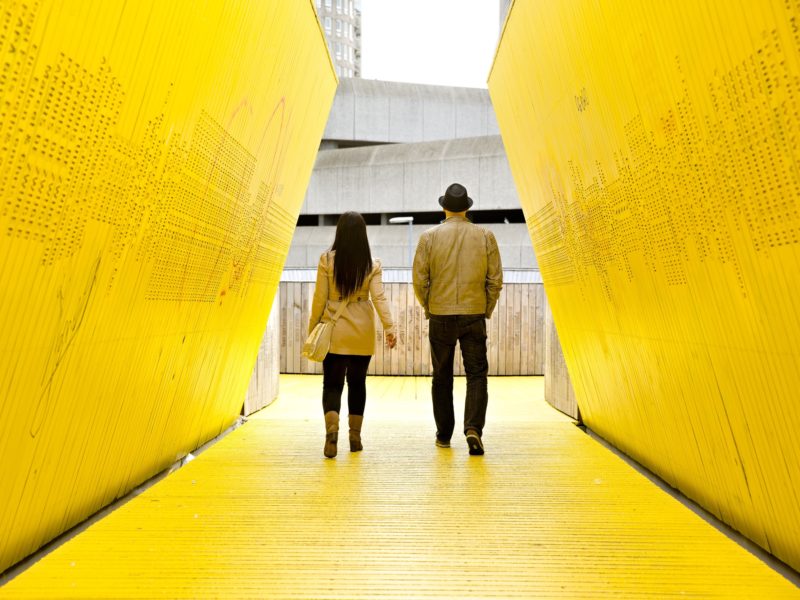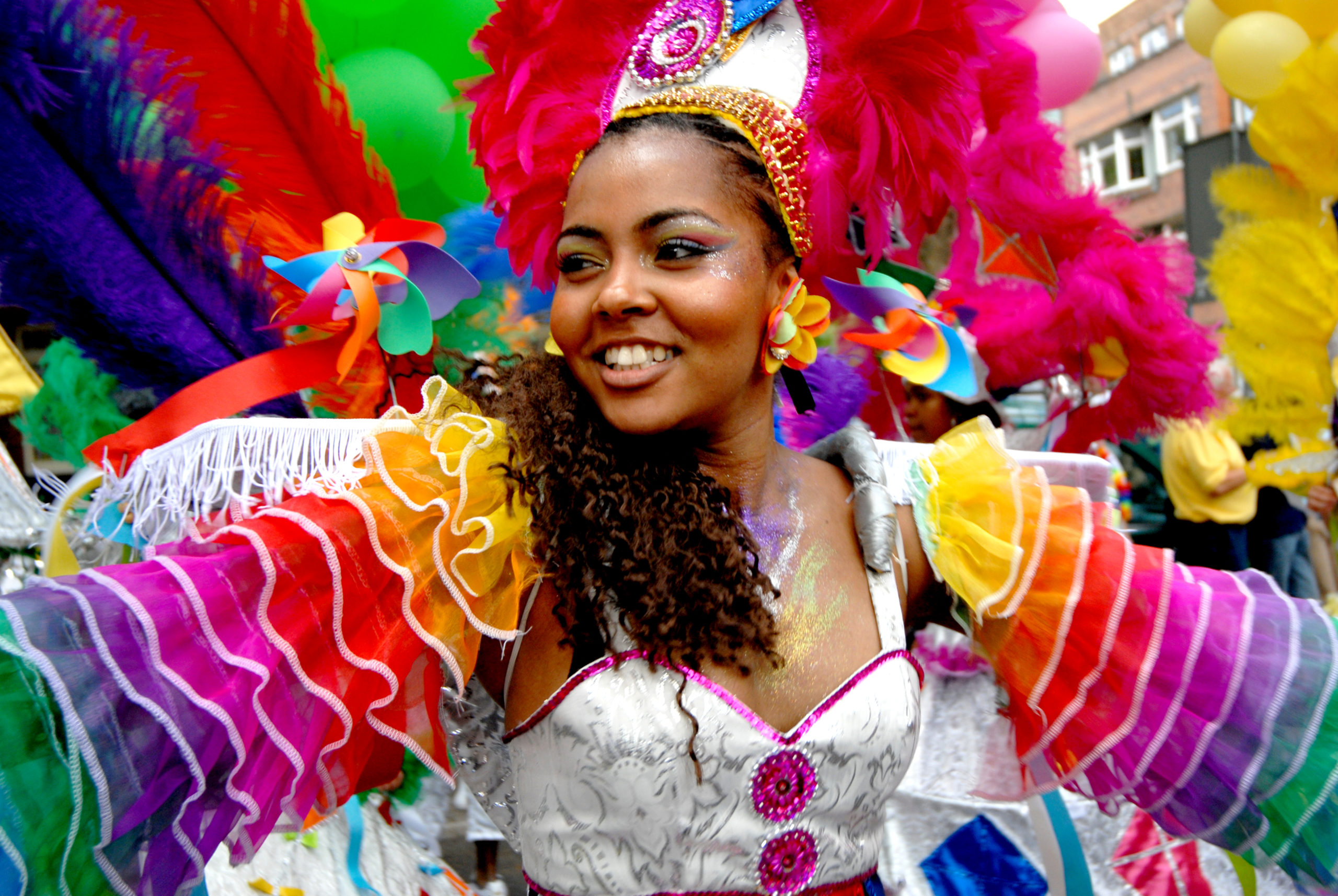
Rotterdam Festivals inspires other cities with their Target Group Model.
Showcase
Cultural segmentation
For cultural institutions such as museums and festival organisations, insight into target groups is of paramount importance if they are to develop a clear picture of the wishes and experiences of their audience. The Ministry of Education, Culture and Science (Dutch: OCW) commissioned a study by a national partnership in the domain of audience data in the cultural sector, and Rotterdam Festivals, the organisation responsible for the coordination of Rotterdam’s event policy, among other things, took part in both the working party and the sounding board group involved in the study.
Rotterdam Festivals has been operating a so-called Cultural Target Group Model at a regional level, which has led to an approach that is considered to be an important source of inspiration within the Dutch cultural landscape. According to the architects of the report, ‘Rotterdam Festivals is the most appealing example of a partnership, and in this area they fulfil a leading role in the Netherlands’.
Building block for cultural strategy
The report, an essential building block for the minister in the ongoing decision-making process for cultural strategy, describes the benefits and possibilities for cooperation in the use of audience data within the cultural sector. Most importantly, cultural institutions can enhance their view of their audience groups using such data, but collaboration between different cultural sectors can also ensure relevant efficiency and effectiveness. The OCW research report states: ‘With their expertise and experience, Rotterdam Festivals have inspired collaborating institutions in other cities, including G4 (4 major Dutch cities), as well as helping them to obtain the necessary insight into their cultural audiences’. Meanwhile, plans are afoot to set up a task force in the near future which will further elaborate on this subject, and Rotterdam Festivals will definitely be represented in that task force.
Proud
Says Renske Satijn, managing director of Rotterdam Festivals: ‘I am incredibly proud of the fact that we are now nationally known as forerunners in the domain of cultural segmentation. It is true that we have been conducting research among audiences for a while now using our Target Group Model; that is how we have been able to build an increasingly accurate picture of what our audiences really want, what they need from us, and – equally important – who are the people we are not yet reaching in Rotterdam. For example, what are the factors that prevent people from attending cultural events in our city? We can then share this knowledge with our colleagues in the cultural sector. In this way, we can work with our partners to make the festivals – and our city’s art and culture in general – an even stronger sector. Together, for everybody. After all, art and culture not only enrich people’s lives, they also bring us, the citizens of Rotterdam, closer together. I dream of a city that is playful and fresh, while embracing all the people of Rotterdam’. Rotterdam Festivals has secured an excellent position within the Rotterdam. Make It Happen brand alliance, which promotes the City on the Meuse as a smart, vital and circular place to be; a city where intelligent solutions for metropolitan issues in many domains are achieved by partnering up with other organisations.
‘Yes, according to Satijn. How cool is it to notice that parties beyond Rotterdam are now also applying our approach and instruments that we developed for Rotterdam in other cities in the Netherlands. It’s great to see that Rotterdam can be a test bed for the world.’
Click here for the complete OCW report (in Dutch).
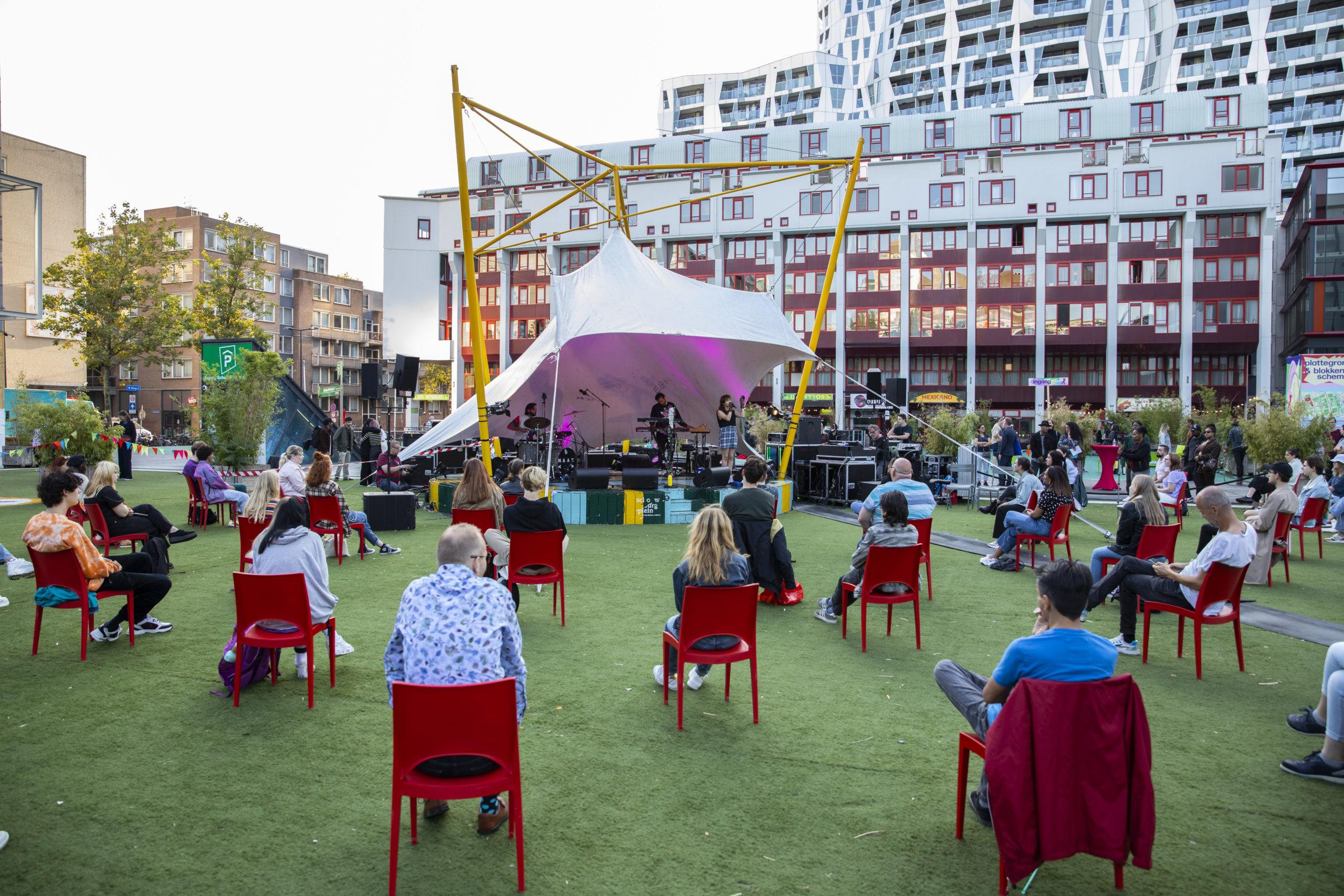


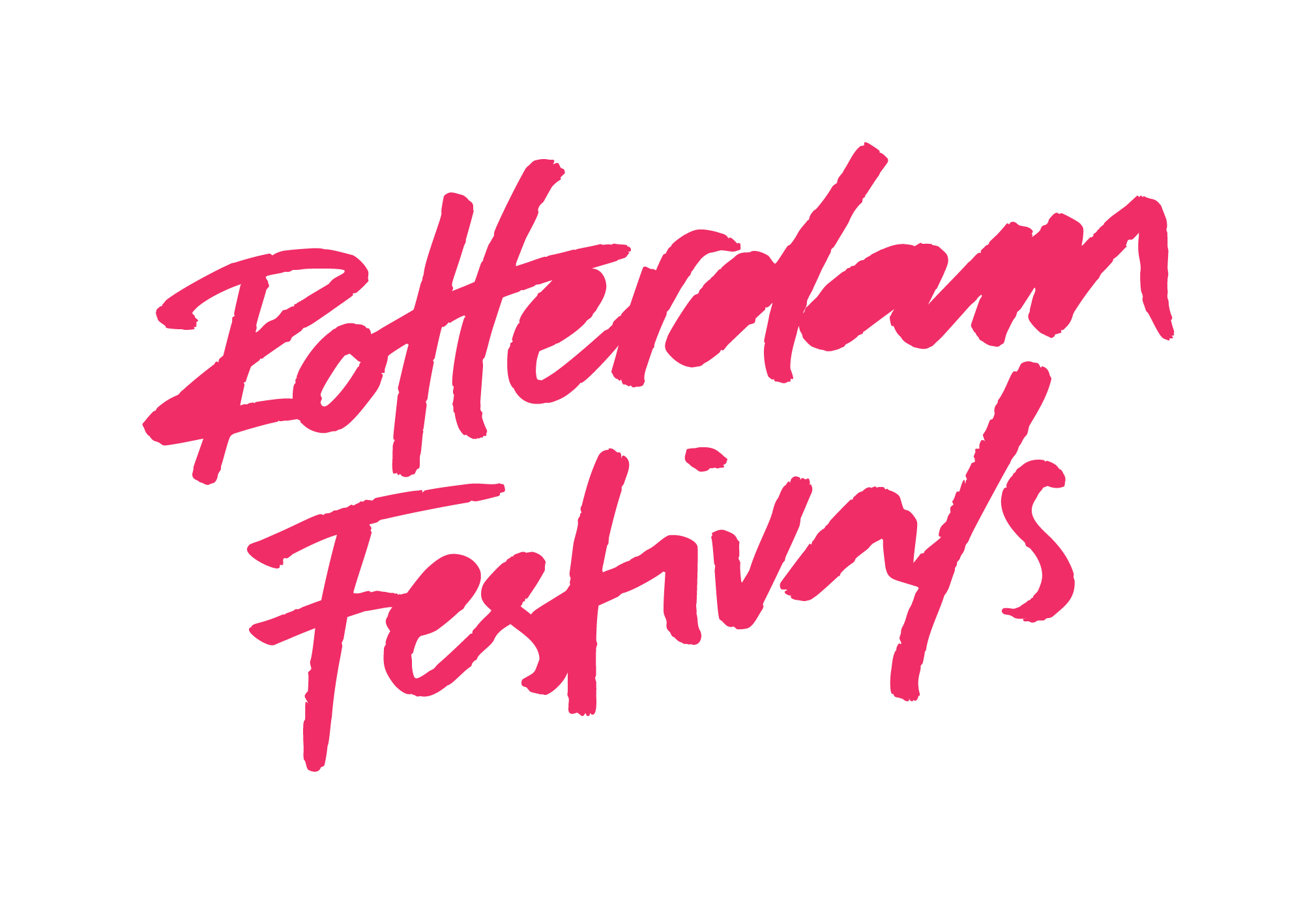
Rotterdam Festivals
